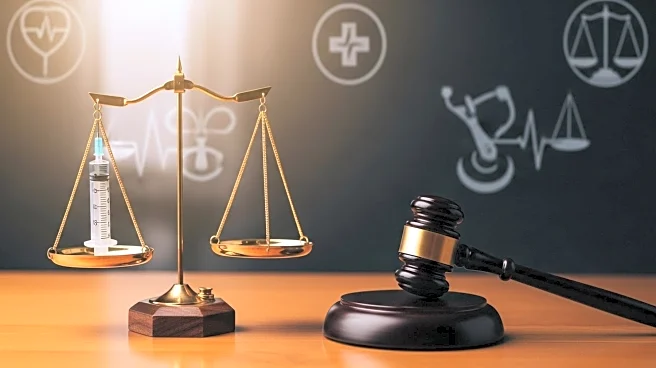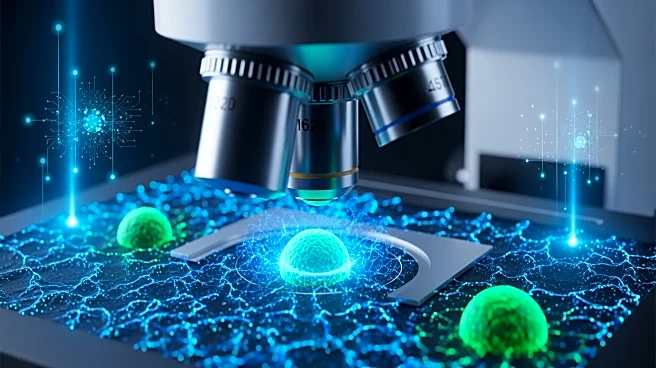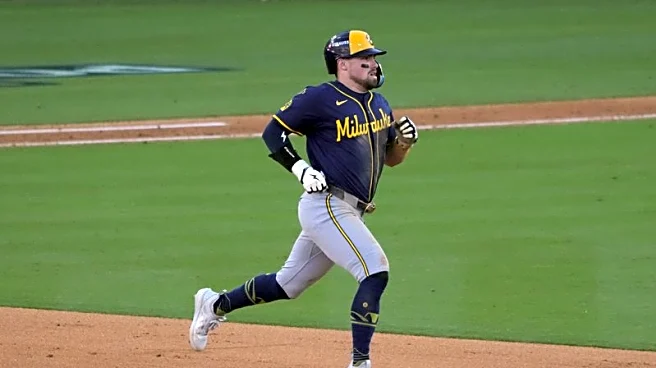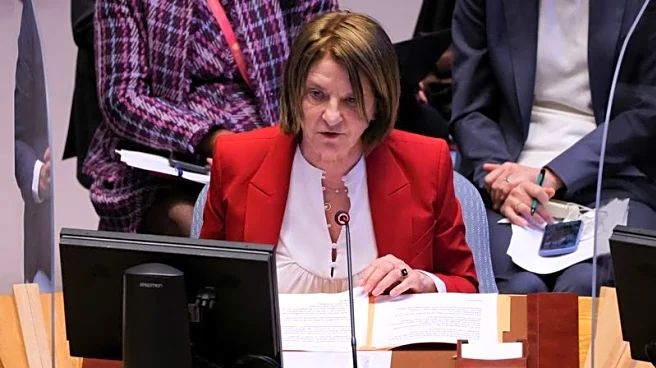What's Happening?
Susan Monarez, the former director of the Centers for Disease Control and Prevention (CDC), testified before the Senate Committee on Health, Education, Labor and Pensions, claiming she was fired for resisting demands from Health Secretary Robert F. Kennedy Jr. Monarez stated that Kennedy sought blanket approval for changes to vaccine recommendations and aimed to replace career scientists with political appointees. During the hearing, Monarez countered Kennedy's claims that she was dismissed for being untrustworthy, asserting that she refused to replace evidence with ideology. The testimony highlighted tensions within the CDC, as Kennedy has been accused of pushing debunked vaccine safety claims and altering long-standing processes for vaccine policy.
Why It's Important?
The testimony underscores significant concerns about the politicization of public health policy at the CDC. If Kennedy's approach to vaccine recommendations is implemented, it could undermine scientific integrity and public trust in the agency. The replacement of career scientists with political appointees may lead to decisions that prioritize ideology over evidence-based practices, potentially affecting vaccine safety and public health outcomes. The situation raises questions about the future of the CDC's role in safeguarding public health and the impact of political interference on scientific processes.
What's Next?
The Senate hearing precedes a crucial meeting of the CDC's vaccine advisory committee, which is set to re-evaluate the vaccine schedule for hepatitis B, MMRV, and COVID-19 vaccines. The outcome of this meeting could influence future vaccine policies and public health strategies. Additionally, the ongoing scrutiny of Kennedy's actions may prompt further investigations or legislative actions to ensure transparency and accountability in public health decision-making.
Beyond the Headlines
The controversy at the CDC highlights broader ethical and legal implications regarding the influence of political figures on scientific institutions. It raises concerns about the erosion of scientific independence and the potential long-term impact on public health policy. The situation may also trigger discussions on the need for safeguards to protect scientific integrity from political pressures.










